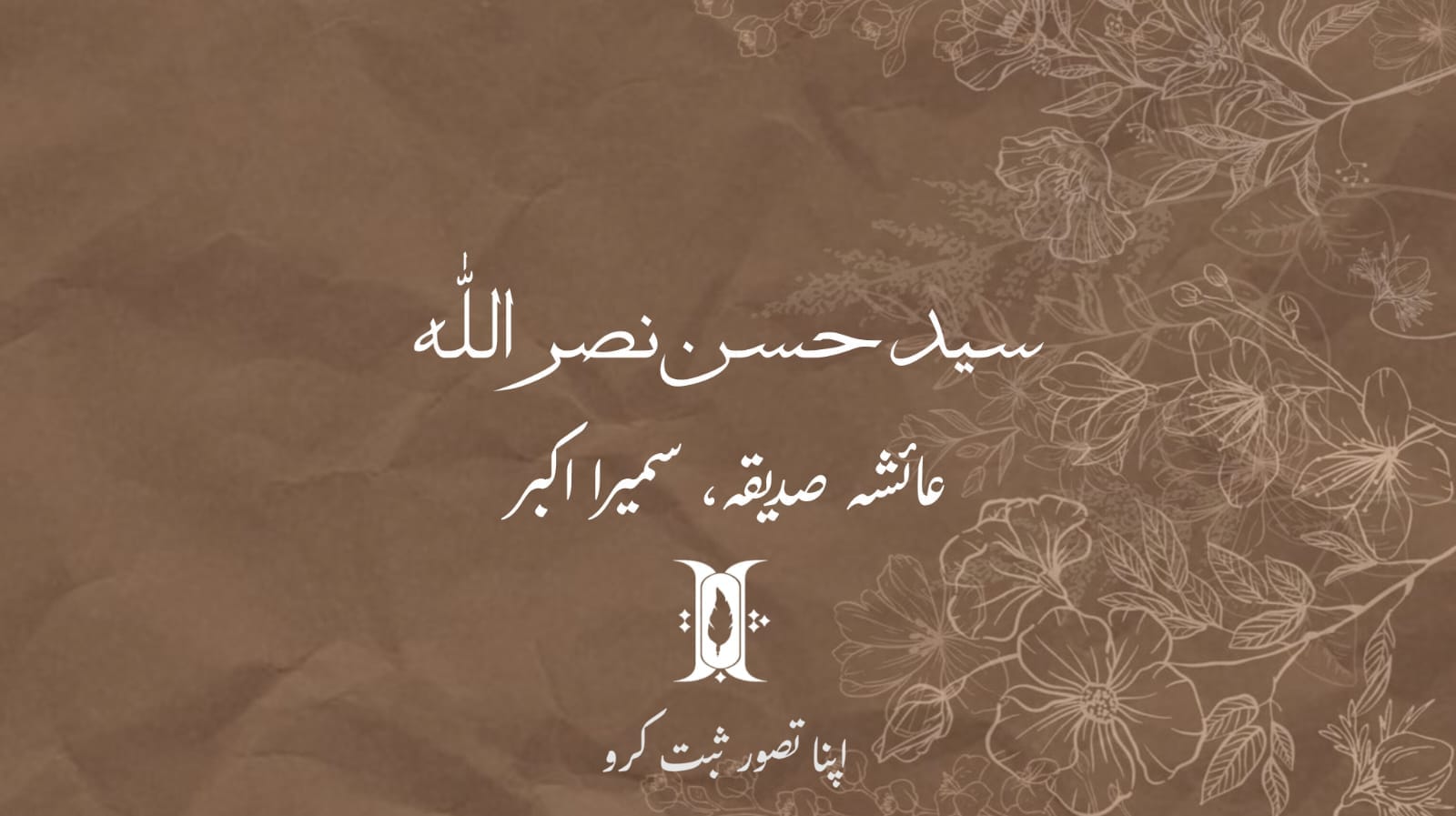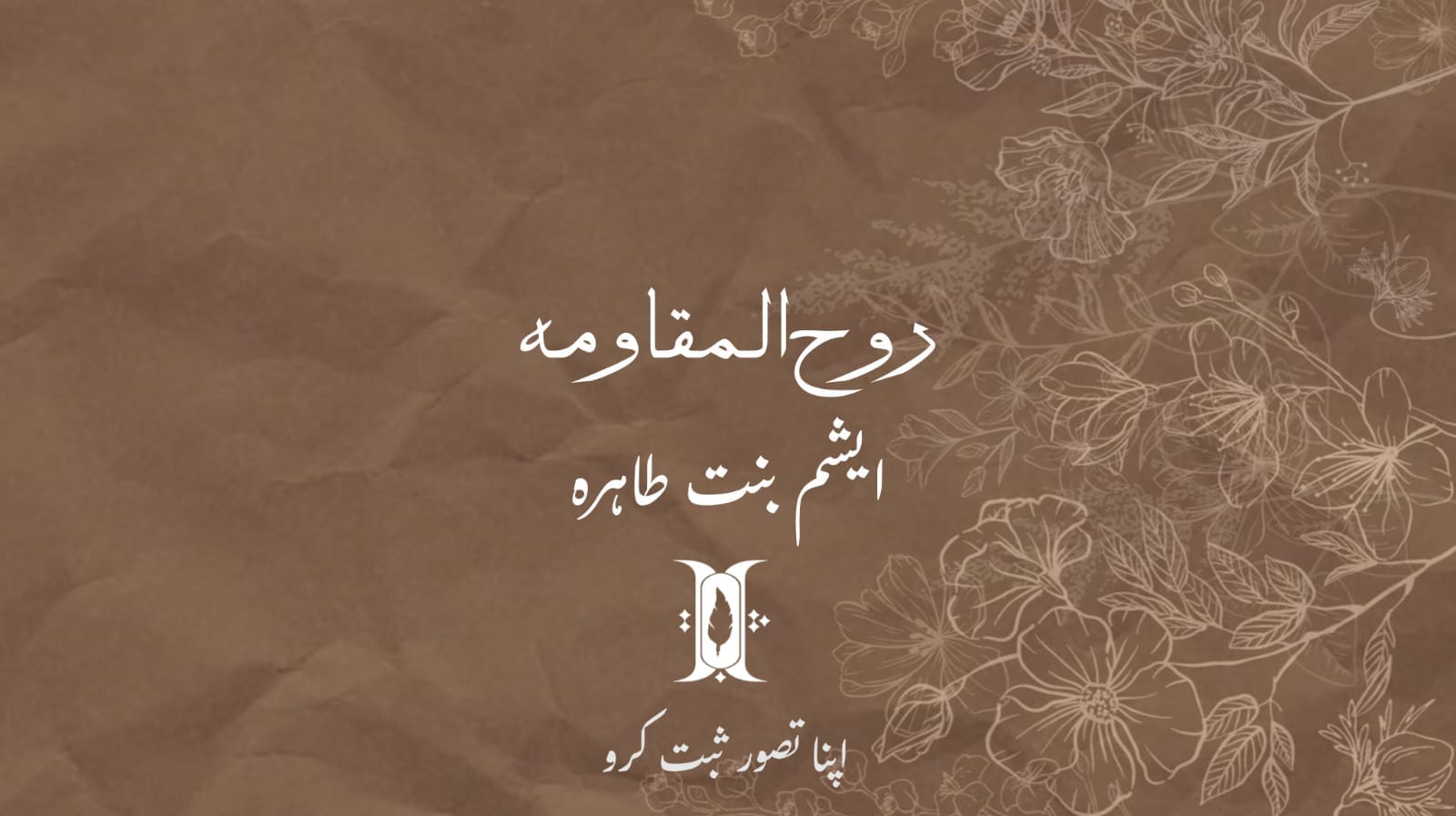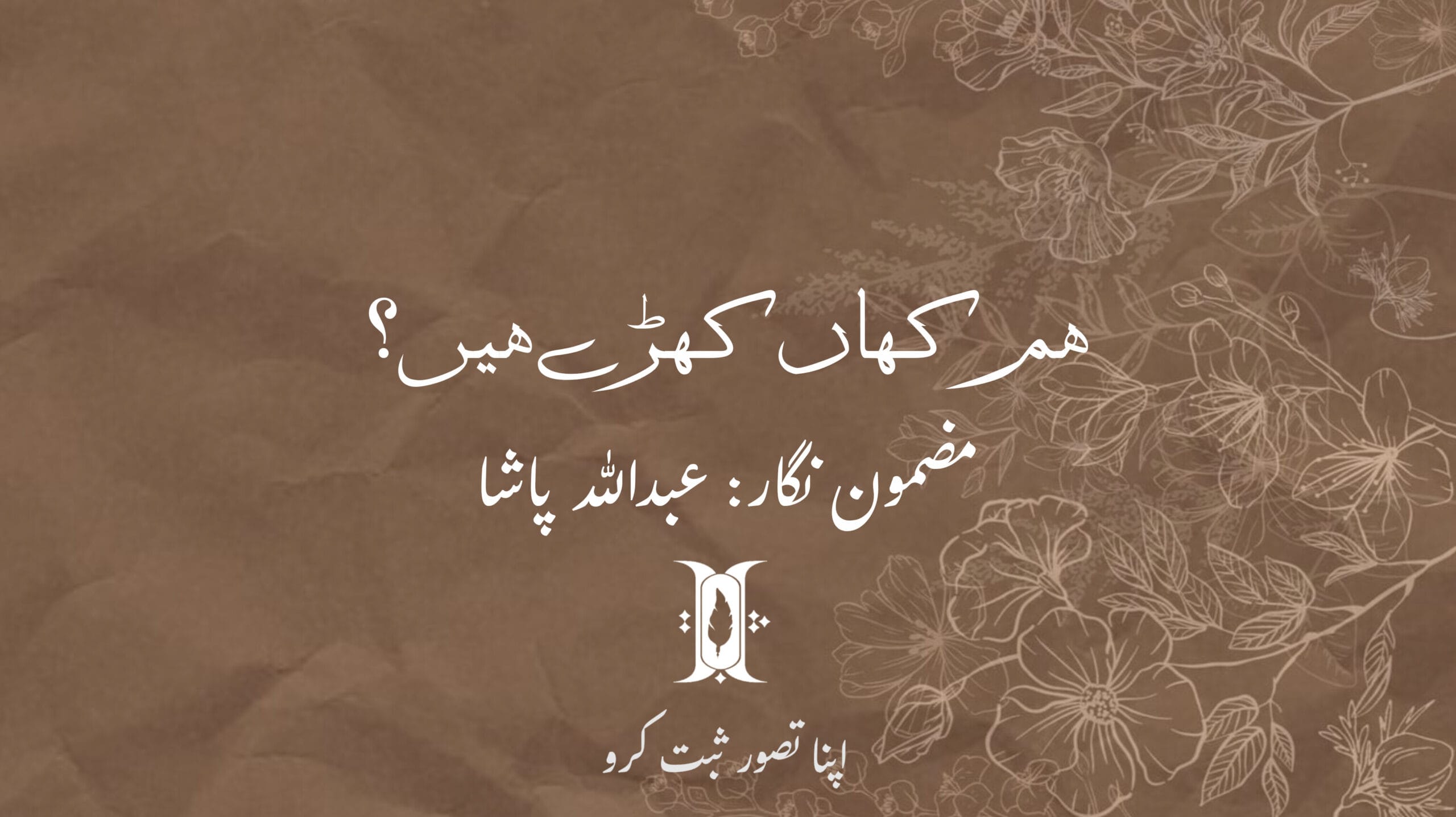Introduction:
Shukr, or gratitude, is central to the teachings of Islam. Allah commands believers to express thanks for His countless blessings, emphasizing that gratitude increases divine mercy and blessings. The Qur’an states: “If you are grateful, I will certainly give you more” (Qur’an 14:7). Gratitude is a reflection of faith and humility, shaping how we view and interact with the world around us. Practicing shukr leads to spiritual growth and brings us closer to Allah.
Shukr as an Act of Worship: Connecting Gratitude with Action
In Islam, shukr is not just a verbal expression but a form of worship that involves both words and actions. Believers demonstrate gratitude by using Allah’s gifts in a manner that pleases Him—through acts of kindness, charity, and righteous living. Gratitude in Islam is an active state of heart and mind that leads to a life of purpose and devotion. As the Prophet Muhammad (PBUH) said, “The best of worship is gratitude (shukr)” (Sahih Bukhari).
The Role of Shukr in Achieving Contentment and Inner Peace:
One of the key benefits of practicing shukr is achieving mental and emotional well-being. Gratitude shifts our focus from what we lack to what we already have, promoting contentment and peace. Islam teaches that even during trials, a grateful heart finds comfort in trusting Allah’s plan. Reflecting on Allah’s blessings daily cultivates a peaceful heart and strengthens spiritual resilience, as the Qur’an reminds us, “In the remembrance of Allah do hearts find rest” (Qur’an 13:28).
How Shukr Protects from Envy and Leads to True Happiness:
Gratitude plays a crucial role in overcoming negative emotions like envy, jealousy, and greed. When we practice shukr, we focus on the blessings we have rather than coveting what others possess. This not only leads to personal contentment but also helps us build stronger, more positive relationships. The Prophet Muhammad (PBUH) said, “He who does not thank the people, does not thank Allah” (Tirmidhi), highlighting how gratitude extends beyond Allah to others, fostering harmony and joy.
Conclusion:
In Islam, gratitude is not just a means to attain happiness in this world but also a key to eternal rewards in the Hereafter. Allah promises that those who are grateful will receive greater blessings, both in this life and in Jannah (paradise). The Qur’an teaches, “Enter Paradise as a reward for what you used to do” (Qur’an 16:32). Practicing gratitude on Earth aligns a believer’s heart with Allah’s will, ultimately leading to the highest form of happiness—eternal bliss in the Hereafter.
To Read More Articles Like This



